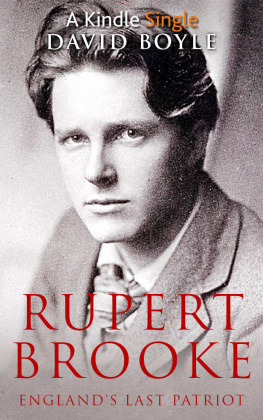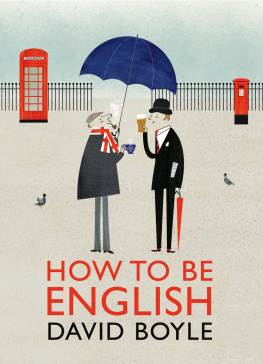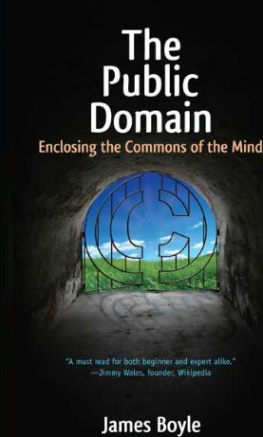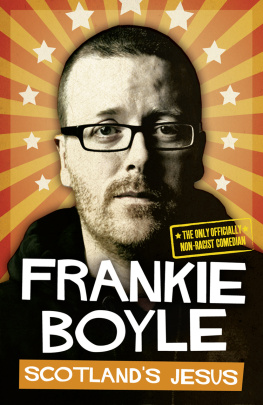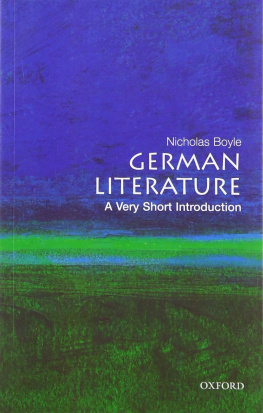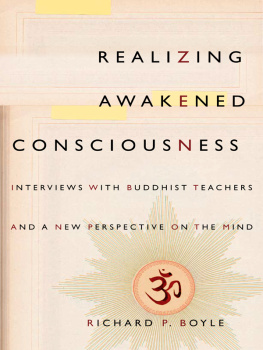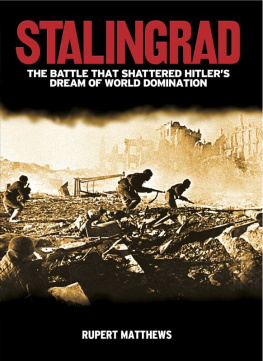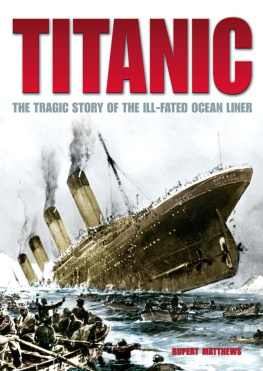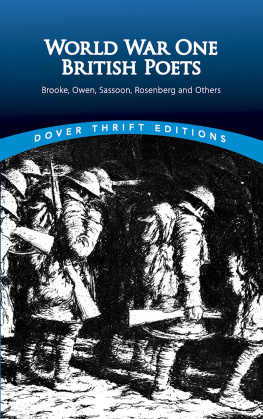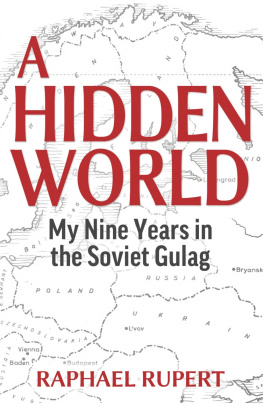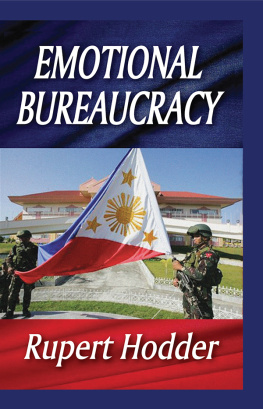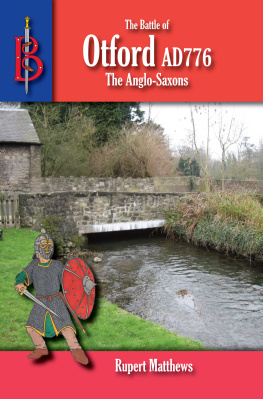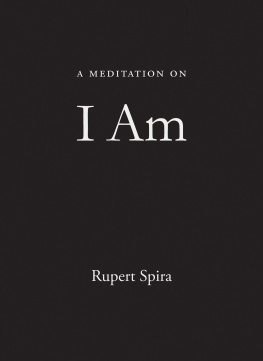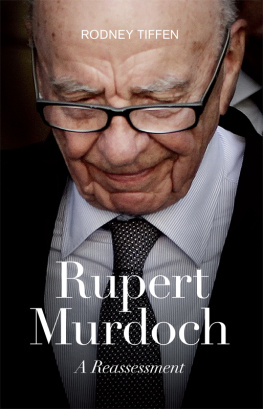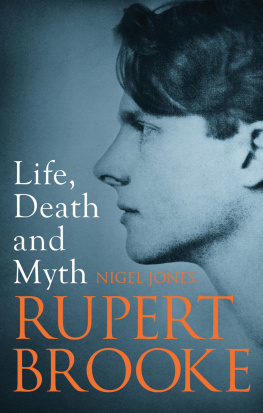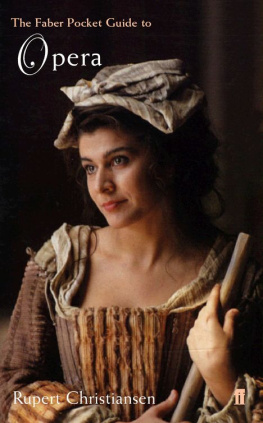Boyle - Rupert Brooke: Englands Last Patriot
Here you can read online Boyle - Rupert Brooke: Englands Last Patriot full text of the book (entire story) in english for free. Download pdf and epub, get meaning, cover and reviews about this ebook. year: 2015, publisher: Endeavour Press, genre: Non-fiction. Description of the work, (preface) as well as reviews are available. Best literature library LitArk.com created for fans of good reading and offers a wide selection of genres:
Romance novel
Science fiction
Adventure
Detective
Science
History
Home and family
Prose
Art
Politics
Computer
Non-fiction
Religion
Business
Children
Humor
Choose a favorite category and find really read worthwhile books. Enjoy immersion in the world of imagination, feel the emotions of the characters or learn something new for yourself, make an fascinating discovery.
- Book:Rupert Brooke: Englands Last Patriot
- Author:
- Publisher:Endeavour Press
- Genre:
- Year:2015
- Rating:5 / 5
- Favourites:Add to favourites
- Your mark:
- 100
- 1
- 2
- 3
- 4
- 5
Rupert Brooke: Englands Last Patriot: summary, description and annotation
We offer to read an annotation, description, summary or preface (depends on what the author of the book "Rupert Brooke: Englands Last Patriot" wrote himself). If you haven't found the necessary information about the book — write in the comments, we will try to find it.
Boyle: author's other books
Who wrote Rupert Brooke: Englands Last Patriot? Find out the surname, the name of the author of the book and a list of all author's works by series.
Rupert Brooke: Englands Last Patriot — read online for free the complete book (whole text) full work
Below is the text of the book, divided by pages. System saving the place of the last page read, allows you to conveniently read the book "Rupert Brooke: Englands Last Patriot" online for free, without having to search again every time where you left off. Put a bookmark, and you can go to the page where you finished reading at any time.
Font size:
Interval:
Bookmark:
Rupert Brooke
Englands Last Patriot
David Boyle
David Boyle 2015
David Boyle has asserted his rights under the Copyright, Design and Patents Act, 1988, to be identified as the author of this work.
First published 2015 by Endeavour Press Ltd.
For Andrew
Table of Contents
If I should die, think only this of me:
That theres some corner of a foreign field
That is forever England. There shall be
In that rich earth a richer dust concealed;
A dust whom England bore, shaped, made aware,
Gave, once, her flowers to love, her ways to roam,
A body of Englands, breathing English air,
Washed by the rivers, blest by the suns of home.
And think, this heart, all evil shed away,
A pulse in the eternal mind, no less
Gives somewhere back the thoughts by England given;
Her sights and sounds; dreams happy as her day;
And laughter, learnt of friends; and gentleness,
In hearts at peace, under an English heaven.
Rupert Brooke, The Soldier, 1914
Introduction
Its too wonderful for belief. I had not imagined Fate could be so benign. I almost suspect her. Perhaps we shall be held in reserve, out of sight, on a choppy sea, for two months yet even that! But Im filled with confident and glorious hopes. Ive been looking at the maps. Do you think perhaps the fort on the Asiatic corner will want quelling, and well land and come at it from behind, and theyll make a sortie and meet us on the plains of Troy? It seems to me strategically so possible. Shall we have a Hospital Base (and wont you manage it?) on Lesbos? Will Heros Tower crumble under the 15 guns? Will the sea be polyphloisbic and wine-dark and unvintageable? Shall I loot mosaics from St Sophia, and Turkish Delight, and carpets? Should we be a Turning Point in History? Oh God! Ive never been quite so happy in my life, I think. Not quite so pervasively happy; like a stream flowing entirely to one end. I suddenly realise that the ambition of my life has been since I was two to go on a military expedition against Constantinople. And when I thought I was hungry or sleepy or aching to write a poem that was what I really, blindly, wanted. This is nonsense. Good-night. Im very tired with equipping my platoon.
Rupert Brooke, letter to Violet Asquith, 25 February 1915
It is now a century since Rupert Brooke died. For many of those who knew him, and many who did not, the news of his death from blood poisoning on a Greek island during the disastrous Dardanelles campaign was more than a personal disaster for him and for them. It was a kind of watershed. It was a moment when the symbol of English youth succumbed to the futility of war.
Brooke had become a romantic talisman, of beauty and zest for life. There was something about him that symbolised what the nation could and should be. He represented a hope for the future among the radicals and conservatives alike. The reality was not quite the same: Brooke was deeply nostalgic, deeply puritanical and he had been recovering from a nervous breakdown when he died. He had also become, in the final year of his life, almost the reverse of what he had been before. From a convinced socialist, a Fabian member, an atheist and a sceptic, he developed a particular horror of the homosexual coterie who had formed such a high proportion of his previous friends and he had embraced a self-sacrificial militarism that tuned perfectly with the prevailing public mood.
Above all, he had become a patriot, welcoming the war for the opportunities it provided for simplifying his romantic life and romanticising the world, describing it like so many others at the time as a chance to cleanse himself. His phrase swimmers into cleanness leaping has been quoted ever since, not as he intended it as a description of the noble sacrifice of youth, but as part of the bundle of delusions that made the First World War possible.
Brookes death was filled with as many contradictions as he had been. He was an officer in a peculiar unit of soldier-sailors, taking orders direct from Winston Churchill as the First Lord of the Admiralty. He was not killed in action, but from the after-effects of an infected mosquito bite. The military operation that had involved him was abandoned at the end of the year having cost more than 56,000 lives on each side. His death came, not just on St Georges Day the National Day for England which also doubled as William Shakespeares birthday but the evening before his comrades set sail for the attack that would claim so many lives from so many different nationalities. It was the moment, if you had to pick one moment, when so many illusions were shattered. He had been the supreme exemplar of British youth. He had been the poet that swept to national prominence at the outbreak of war with his famous sonnet The Soldier. He was, in short, the last patriot.
The war poets that preceded him, people like Julian Grenfell or Vera Brittains fianc Roland Leighton, wrote about the glory or romance of war. Those that followed him, Owen, Sassoon, Rosenberg and the others, wrote about the horror or the pity of it. Rupert Brooke saw little of either. We might speculate, but with difficulty, about what he would have written if he had lived. Yet his death meant something to his contemporaries. It was, in some ways, the moment that the youth of England lost its hope.
1 - The Friends
So many of those who are remembered for their part as foot soldiers and heroes of the First World War were born in the 1880s. It was the generation that grew to adulthood in the early years of the twentieth century, and stamped the century with their new freedom, their unchaperoned relationships, their first experience of speed behind the wheel of motor cars, whizzing down the road at 30 miles an hour.
Those in Rupert Brookes immediate intellectual circle, rooted in the English upper middle classes, were intensely aware of that freedom, and matched it with a freedom of behaviour, thought and ideas which continued to develop for the rest of the century. They experimented with new forms of morality, new kinds of writing, new painting and certainly new poetry. They were the generation who first embraced modernism, or first reacted against it. They were also the generation whose lives were overwhelmed, if they survived, by the experience of the First World War. They dominated the way we understand these events now. They wrote the stories that emerged, just as they wrote the histories that described it.
Rupert Brooke was a member of that generation. He was born on 3 August 1887. He was brought up at Rugby School, where his father William Parker Brooke was a housemaster. Rugby was the famous pioneering independent school or public school as they were known taken over and reformed by Thomas Arnold to re-Christianise the upper classes in the 1830s and 40s. It was known also as the scene for Tom Hughes novel Tom Browns Schooldays . It was this establishment and this life, hearty, sporty and sexually ambiguous, that shaped the education of Brooke.
His mother had a loud, harsh voice and an alarming manner, according to Ruperts school friend Geoffrey Keynes, brother of the famous economist John Maynard. She had little sense of humour and seldom laughed, he said. It was Ruperts mother who Lytton Strachey nicknamed The Ranee a kind of female rajah and who would later block a memoir written about Rupert by his patron and friend Eddie Marsh.
The future author of some of the most anthologised poems of Englishness was brought up with a sense of the heart of England. It is perpetually June in Warwickshire and always six oclock on a warm afternoon ... There are butterflies all the year around and a full moon every night, he wrote immediately before the outbreak of war in the summer of 1914, which is remembered similarly by the generation who survived as a wonderful, unforgettable summer.
Next pageFont size:
Interval:
Bookmark:
Similar books «Rupert Brooke: Englands Last Patriot»
Look at similar books to Rupert Brooke: Englands Last Patriot. We have selected literature similar in name and meaning in the hope of providing readers with more options to find new, interesting, not yet read works.
Discussion, reviews of the book Rupert Brooke: Englands Last Patriot and just readers' own opinions. Leave your comments, write what you think about the work, its meaning or the main characters. Specify what exactly you liked and what you didn't like, and why you think so.

